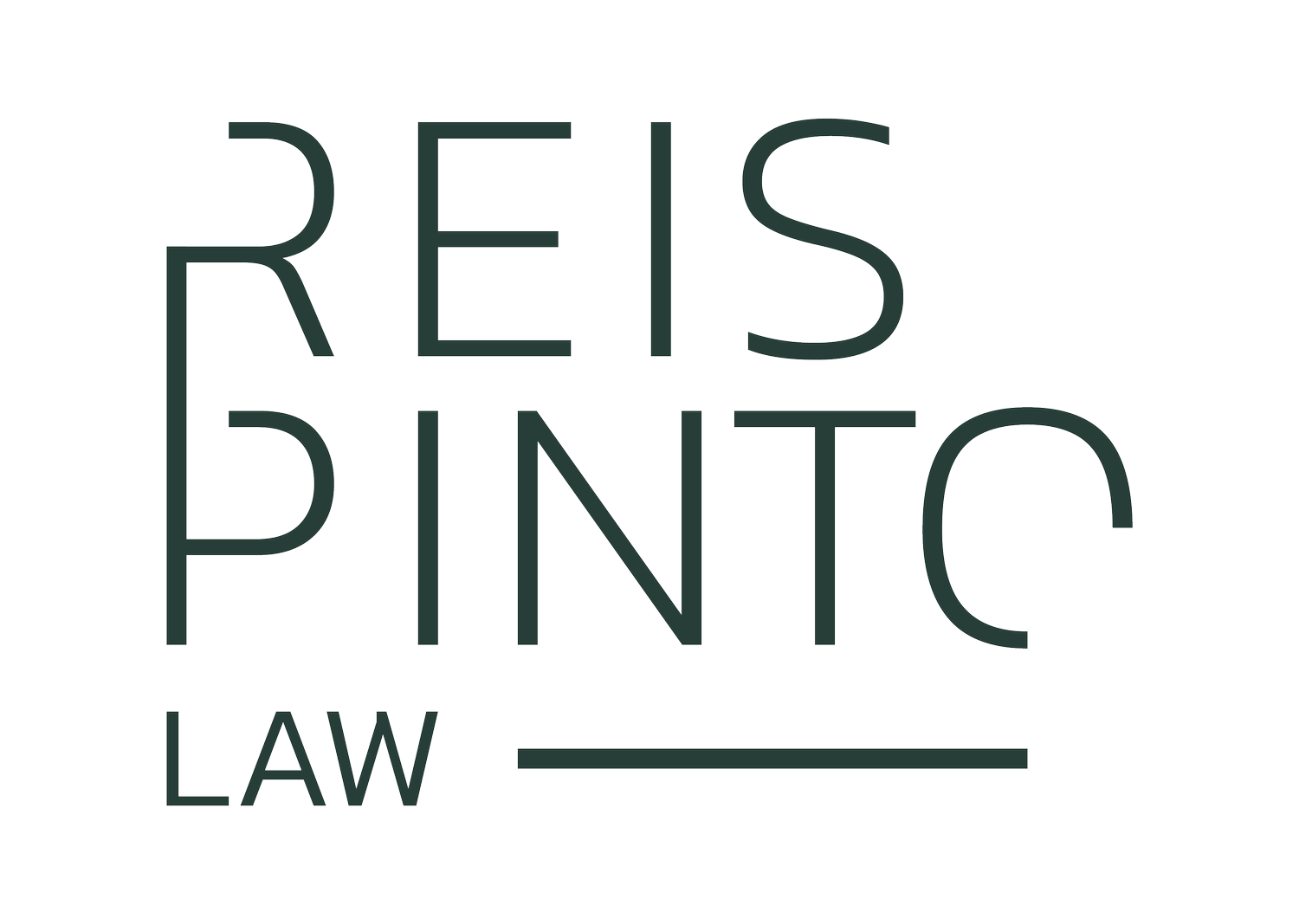Portuguese Nationality Law update
In a significant development, the Portuguese Parliament recently gave its approval to the tenth amendment to the Portuguese Nationality Act (Law No. 37/81, dated 3 October 1981), marking notable changes to the existing legislation. The revisions encompass more lenient residency requirements for foreign nationals seeking Portuguese nationality and introduce alterations in the eligibility criteria for descendants of Portuguese Sephardic Jews.
The key modifications brought about by the legislation include:
1.Residency Requirement Adjustment
Residents in Portugal for more than 5 years:
Time spent waiting for the processing and issuance of temporary residence permits at AIMA (formerly SEF) will be considered as part of the residency period, provided the permit is eventually granted.
This provision aims to safeguard foreign citizens facing delays in the permit issuance process, ensuring that the waiting time contributes towards fulfilling the residency requirement for citizenship applications.
2.Criteria for Descendants of Sephardic Jews
Applicants must demonstrate a tradition of belonging to a Sephardic community of Portuguese origin, subject to final approval by an evaluation committee appointed by the Ministry of Justice.
Legal residency in Portugal for a minimum of 3 years, whether consecutive or non-consecutive, is now a prerequisite.
3.Filiation Rules Update
The legislation repeals the rule tying the effects of nationality solely to filiation established during childhood.
Filiation established at the age of majority will now be considered for nationality purposes, particularly in cases where legal proceedings determine filiation after reaching adulthood.
4.Biometric Data Collection
Biometric data (including a photograph, fingerprints, and height) may be collected for verifying the accuracy of information submitted in nationality applications.
If the nationality application is successful, the collected data can be reused for issuing the Citizen Card (ID Card).
Following the final parliamentary approval, the legislation is set to be forwarded to the President of the Republic, who may choose to promulgate, veto, or subject it to a constitutionality review by the Constitutional Court. Once approved, the anticipated effective date of implementation will be the first day of the month following its publication in the Official Journal (Diário da República).
________
This informative note serves as a general overview for distribution to clients, and the information provided is abstract in nature. Reproduction of the contents, in whole or in part, requires express consent from the author. For further inquiries on this topic, please reach out to Joana Ferreira Reis (joanareis@reispintolaw.com) or Sara Castro Pinto (sarapinto@reispintolaw.com).
